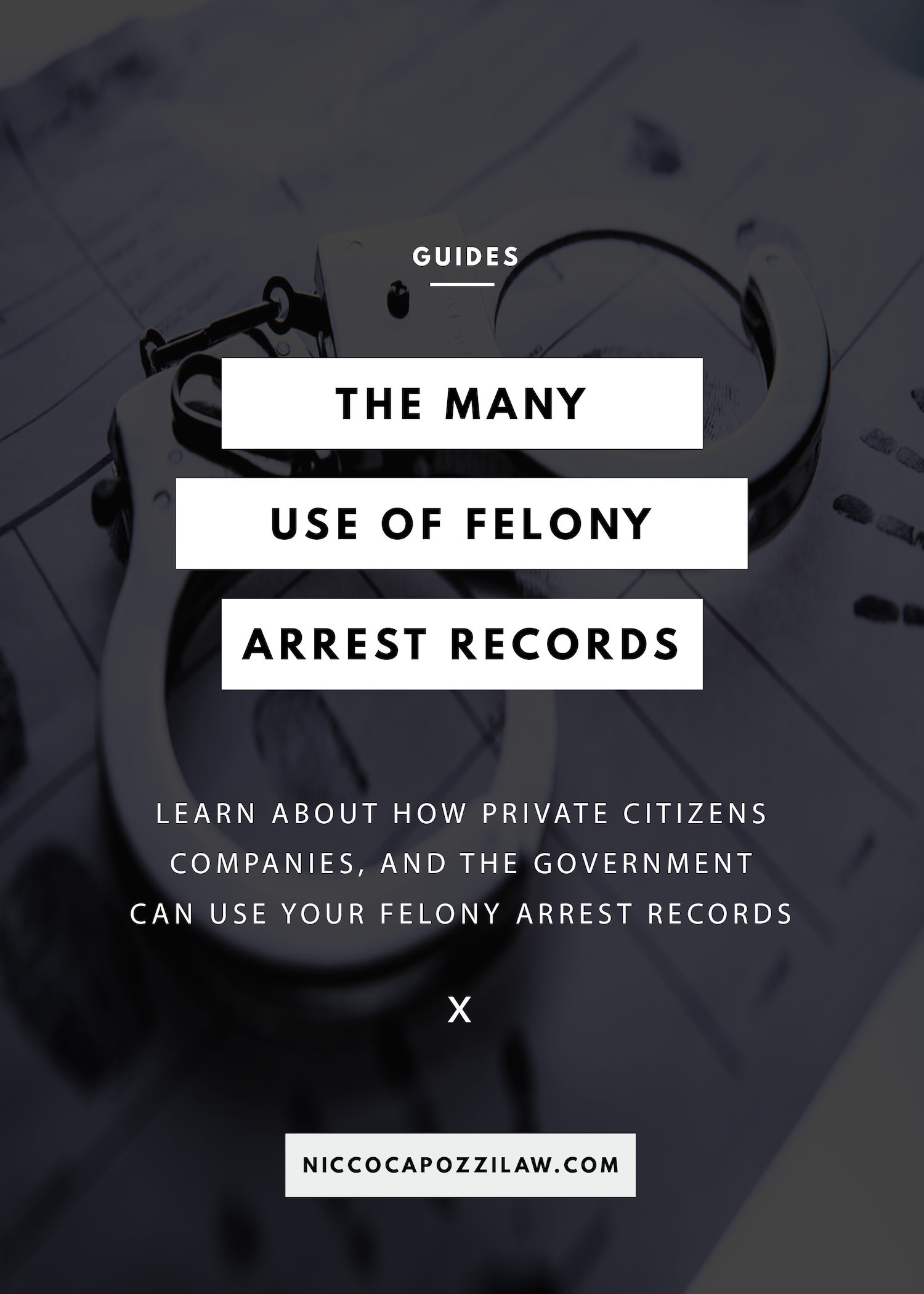As asset forfeiture becomes more and more common these days, it is increasingly important you understand its function and procedures. As written before, asset forfeiture is essentially a taking of your property (including money) by the government. The government takes the money or property based on speculation that it is somehow connected to crime. It is a civil taking meaning it is not a criminal proceeding. Now, there is criminal forfeiture but that is different in that the property is taken after you are convicted. With a civil asset forfeiture, the government can do the same without the higher burden of proof found in criminal cases. The following are some tips to keep in mind.
Courtesy of ACLU
First Tip
The government can initially take your money or property even when there is no proof it is connected to crime! A typical example is during a traffic stop and officers smell marijuana, find no drugs, but seize all your cash. They have a hunch but no proof and will make you fight to get it back.
Second Tip
Even though the government believes the property is crime related in a typical civil asset forfeiture proceeding they do not have to meet the criminal standard of proof (beyond a reasonable doubt). They only have to prove by a preponderance of evidence that the property is connected to crime (more likely than not). This makes it much easier to do.
Third Tip
You will receive a letter in the mail from a government agency indicating that they have the property. You typically MUST respond to this letter within 30 days or your property will be forever taken.
Fourth Tip
When you do respond to the letter you have two initial options to choose from. You can petition to have the property returned through an administrative review of the agency that has the property or you can make a claim that demands the issue be decided in court. There are advantages to each so make sure to discuss with your attorney.
Fifth Tip
If the property is in no way connected to crime you have a very good chance of getting it back, often without the need of going to court. Documentation is extremely helpful but not required.
Sixth Tip
Do not speak to anyone about the property because there may be an ongoing criminal investigation that you do not know about. It is ALWAYS best to have an attorney do the talking.
Seventh Tip
Most people never claim the property out of fear of having the government come after them. This is a huge mistake as the process is fairly straightforward. You have a good chance of getting your property back if you hire a lawyer to help you.
You can also view our videos explaining asset forfeiture by clicking here or by reading more in another section on this site.






